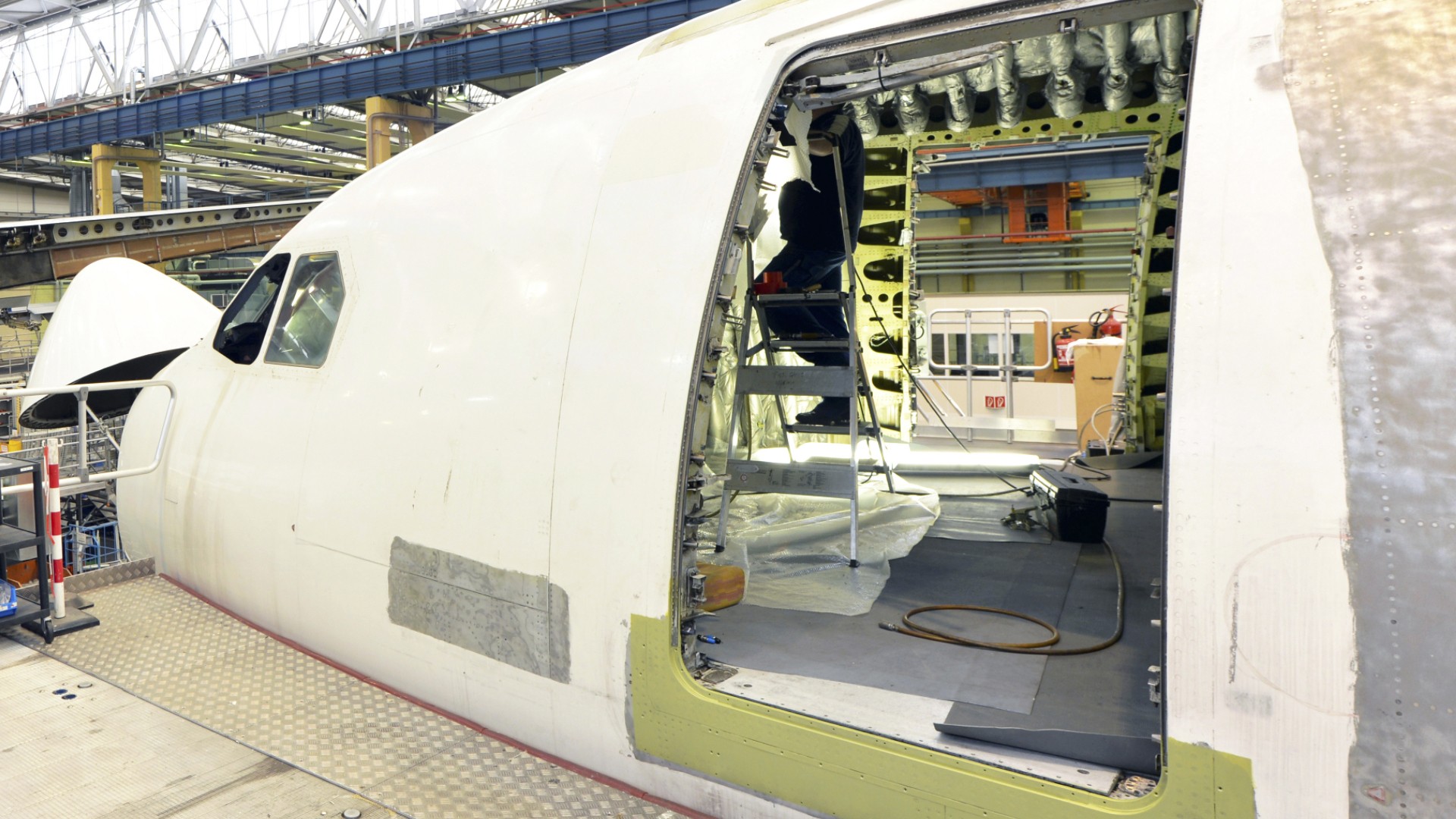Team Assemblers
Assembler, Assembly Line Machine Operator, Assembly Line Worker, Assembly Technician
What they do:
Work as part of a team having responsibility for assembling an entire product or component of a product. Team assemblers can perform all tasks conducted by the team in the assembly process and rotate through all or most of them, rather than being assigned to a specific task on a permanent basis. May participate in making management decisions affecting the work. Includes team leaders who work as part of the team.
On the job, you would:
- Perform quality checks on products and parts.
- Review work orders and blueprints to ensure work is performed according to specifications.
- Rotate through all the tasks required in a particular production process.
Knowledge
Manufactured or Agricultural Goods
- manufacture and distribution of products
Engineering and Technology
- mechanical
- computers and electronics
Safety and Government
- public safety and security
Arts and Humanities
- English language
Skills
Basic Skills
- keeping track of how well people and/or groups are doing in order to make improvements
- listening to others, not interrupting, and asking good questions
Problem Solving
- noticing a problem and figuring out the best way to solve it
Abilities
Hand and Finger Use
- hold or move items with your hands
- put together small parts with your fingers
Verbal
- listen and understand what people say
- communicate by speaking
Personality
People interested in this work like activities that include practical, hands-on problems and solutions.
They do well at jobs that need:
- Cooperation
- Attention to Detail
- Dependability
- Social Orientation
- Cautiousness
- Integrity
Technology
You might use software like this on the job:
Spreadsheet software
- Microsoft Excel
Presentation software
- Microsoft PowerPoint
Electronic mail software
- Microsoft Outlook
Education
Education: (rated 2 of 5)
high school diploma/GED
usually needed
usually needed
Job Outlook
Bright
New job opportunities are very likely in the future.
Explore More
- Aircraft Structure, Surfaces, Rigging, & Systems Assemblers
- Electrical & Electronic Equipment Assemblers
- Electromechanical Equipment Assemblers
- Engine & Other Machine Assemblers
- Industrial Engineering Technologists & Technicians
You might like a career in one of these industries:
See more details at O*NET OnLine about Team Assemblers.





